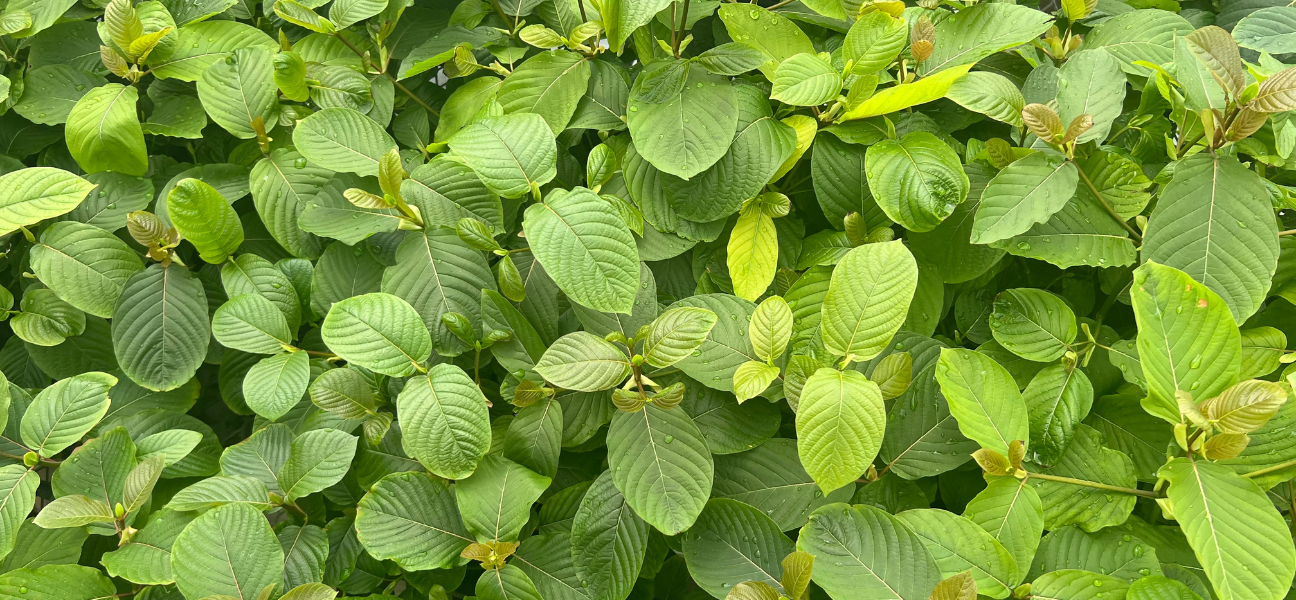HOW CAN ETHA HELP YOU GROW YOUR BUSINESS?
PLACE YOUR ORDER
SALES@ETHANATURALS.COM
800-862-0341 (M-F 10am-5pm PST)

Are you 18 or older and ready to LIVE FULLY and THRIVE?
Sorry, the content of this store can't be seen by a younger audience. Come back when you're ready.
HOW CAN ETHA HELP YOU GROW YOUR BUSINESS?
ETHA offers a full suite of solutions to help grow your brand or expand your product line. From wholesale ETHA products to white label and private label options, we provide high-quality kratom tablets, extract mints, shots, and beverages ready for your shelves. For formulators and manufacturers, we supply bulk extracts and raw materials, including mitragynine isolate and full-spectrum blends. Our team also supports new product development, helping bring your custom kratom products to life with industry-leading expertise and reliability.
SALES@ETHANATURALS.COM
800-862-0341 (M-F 10am-5pm PST)
I've tried most, if not all, of the different mood tablets and this is by far my favorite of them all.
I find that all of the Etha pills help Neuropathy pain in my feet, especially achiness in my toes and balls of my feet. I take 11 or 12 pills when pain is at its worst at night and within about 15 to 20 minutes, pain vanishes. Nerve pain is extremely hard to treat so I truly feel blessed to have found the Etha pills. God Bless the owners of this company for giving people in pain a chance to lead more normal lives.
Help me through out the day. Very pleased with this Kartom tablet products
A wonderful alternative to prescription pain relief I have had great results with this Kartom products
The White Pure Vein Kratom not only helps with energy and also helps with the pain that I have in my joints that I deal with EVERYDAY. It’s one of Etha Natural products that I love and will continue purchasing. Thank you!
Switched from White vein to Daybreak Kratom...White vein was good however seems like Daybreak is better for energy. The hot ticket is to try the sample packs to see which one works best for you and choose based on what works for you.
I loves my variety sample packs! I slept so much better and had energy and great mood enhancement from mine for sure! Definitely recommend to Anyone!
Product Arrived On Time, Intact, Packed Well.
Arrived On Time, Well Packaged, All Intact. Transplanted Immediately. Already Growing New Leaves.
We have several different varieties of the kratom, i personally like this one the best.
I find it has all of the aspects that kratom offers: aching relief, peppiness, and gentle on the stomach. The AM go to for constant feeling every time.
They are great I'd love to try othera if only there was more free samples
I enjoyed the kratom mints quite a lot , and overall the sample pack was well worth the price.A very good quality product. The tablet form is much easier to take than the powder.
Sunset really does help me to wind down at the end of the day. It gets me very relaxed but I can still read a book or watch a movie and not fall asleep or feel like a couch potato.